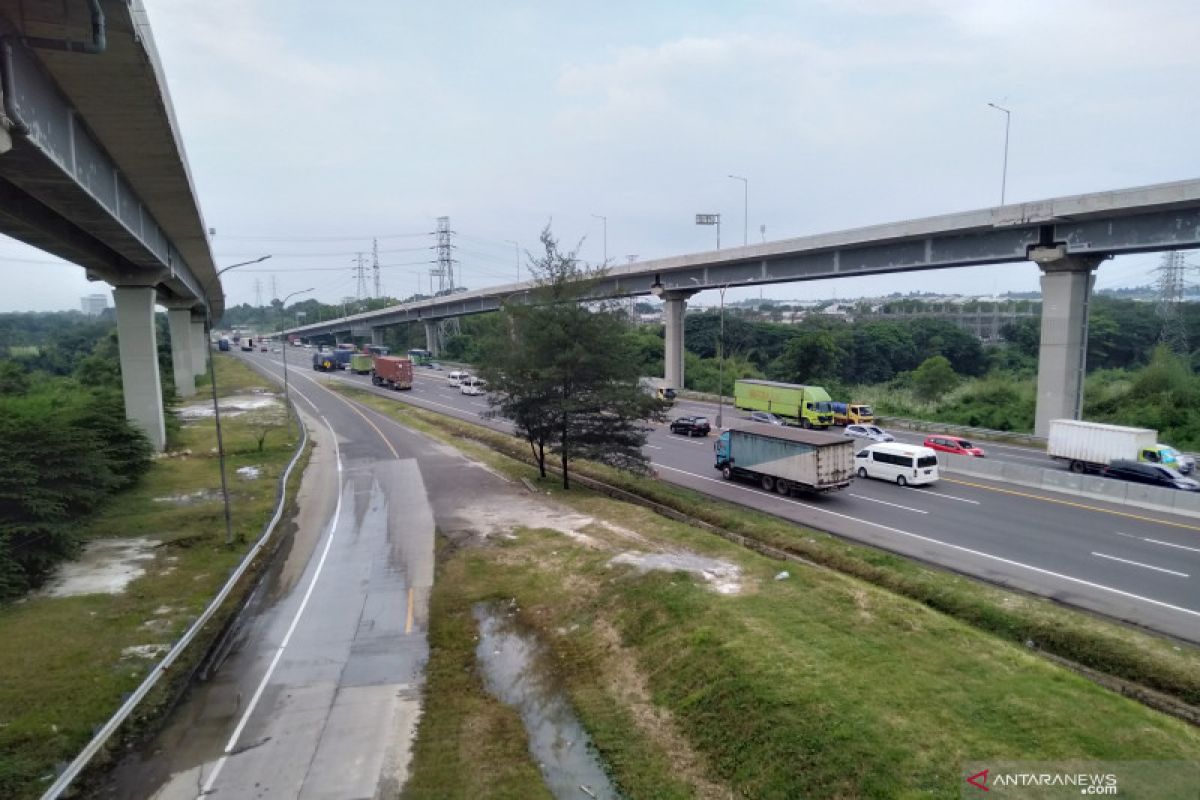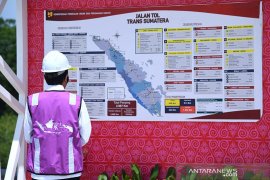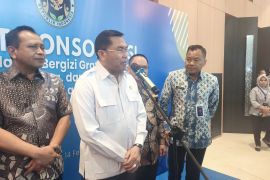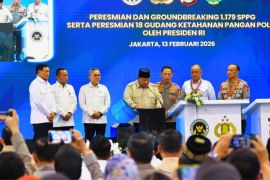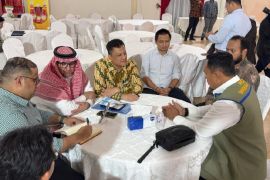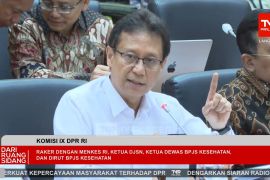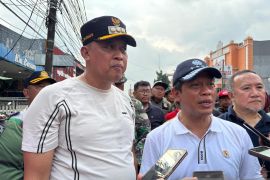"Traffic volume is projected to decline by 80 percent on the Jakarta toll road and drop by 60 percent on the Trans Java toll road as compared to the volume before the implementation of large-scale social restrictions (PSBB)," WTR Corporate Secretary Alex Siwu noted in a statement here on Thursday.
The decline is also attributable to the government's ban on mudik, or the annual exodus, to stem the transmission of COVID-19.
WTR, a subsidiary of state-owned construction company PT Waskita Karya, has established a task force that will work in coordination with the police and Transportation Ministry to ensure the smooth flow of traffic on toll roads and provide roadside assistance for towing as well as ambulances in addition to putting up Variable Message Sign (VMS) to provide updates on the traffic situation.
The task force will also ensure that the toll roads are in good condition. Facilities at rest areas, such as mosques, toilets, gas stations, and food stations, will remain open to the public, with the health protocol in place to contain COVID-19 transmission.
It will restrict entry access to rest areas to avoid crowding, Siwu remarked.
Body thermal scanning will be conducted at rest areas and toll gates, and those exhibiting symptoms of COVID-19 will undergo further health checkups by medical workers at checkpoints.
The service is in accordance with the protocol to prevent COVID-19 transmission as stipulated in the circular letter of the Public Works and Public Housing Minister No. 07 of 2020. Related news: Staying apart may bring us closer to flattening COVID-19 curve
Related news: Police intensify patrol to preserve public order amid pandemic
Translator: Ade Irma Junida, Sri Haryati
Editor: Rahmad Nasution
Copyright © ANTARA 2020
